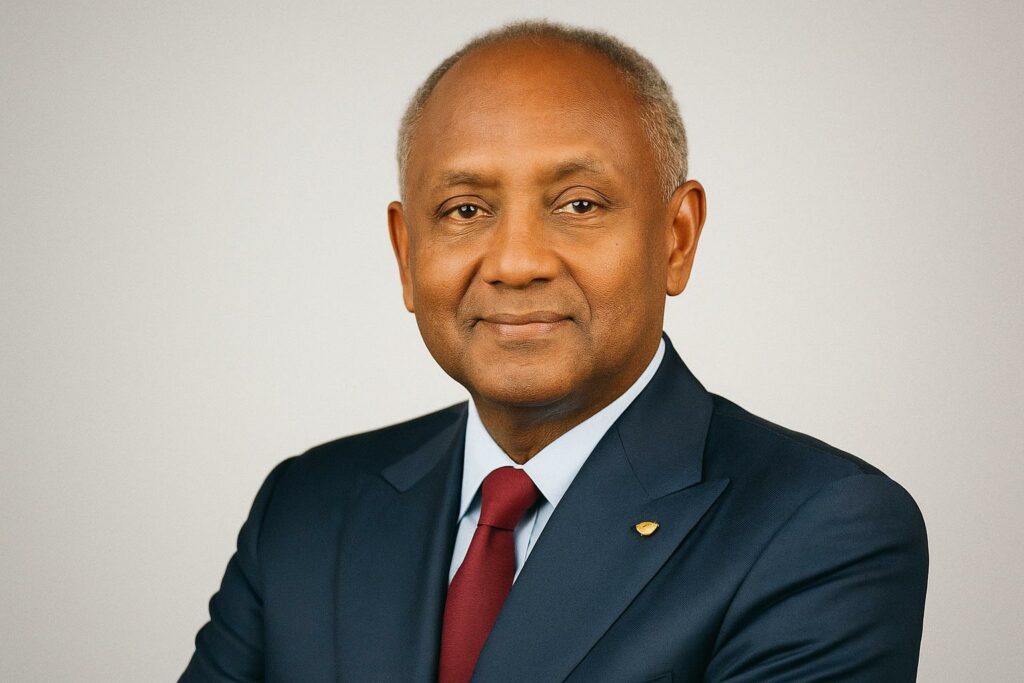A Pivotal Election in Turbulent Times
In November 2025, the 43rd General Conference of UNESCO will convene in Samarkand, Uzbekistan, to elect a new Director-General. This election is set against a backdrop of shifting geopolitical sands and heightened expectations for transformative leadership within the organization. Among those vying for this pivotal role is Firmin Edouard Matoko, the former Assistant Director-General for Priority Africa and External Relations, notable for garnering robust support from Asia.
The Asian Alliance: A Diplomatic Venture
Matoko’s forays into Asia have been met with enthusiastic support from countries such as Vietnam, Japan, Indonesia, China, and India, as noted on his social media platforms. This strategic maneuver marks a significant shift in the typical geographic alliances within UNESCO, demonstrating a diplomatic strategy that spans multiple spectrums of international relations. By securing backing from Asia, he aims to reshape UNESCO’s strategic priorities while solidifying his candidacy on a global stage.
Vision for Transformation: From Cultural Diversity to Institutional Reform
Matoko articulates a vision for UNESCO that hinges on embracing bold transformations. He underscores the importance of aligning UNESCO’s agenda with the real-world aspirations of its member states, advocating for a dynamic approach to cultural diversity and institutional reform. Through his candidacy, he seeks to reinvigorate the organization by focusing on programmatic priorities, policy transparency, budgetary oversight, and ethical governance.
His extensive experience within UNESCO and his multifaceted understanding of its intricate workings allow him to propose informed and audacious reforms. Matoko’s campaign is not merely about personal success; it’s about striving for a UNESCO that can adeptly confront global educational and cultural challenges amid rapid technological advancements, such as the rise of Artificial Intelligence.
Global Appeal: A Call for Collaborative Change
Emphasizing the necessity for inclusive global dialogue, Matoko draws inspiration from Nelson Mandela’s vision of education as a transformative tool. He has vowed to prioritize global educational reform, aiming to enhance access to quality education, particularly for girls, and safeguard cultural heritage in the face of 21st-century scientific challenges. His leadership journey highlights a commitment to peace, solidarity, and dialogue, core UNESCO values that transcend regional confines.
Continental and Global Implications
Matoko’s success in this election could signify a broader triumph not just for Congo-Brazzaville or Africa, but for the global south in its quest for more substantial representation in international discourse. His candidacy against contenders such as Khaled Ahmed El-Enany Ali Ezz of Egypt and Gabriela Lian Ramos Patino of Mexico underscores the competitive and diverse nature of this strategic election.
Ultimately, an election outcome in Matoko’s favor would reinforce the global south’s resolve to shape educational, cultural, and scientific dialogues that are crucial to future geopolitical stability. It paints a vision of a UNESCO that is responsive, participatory, and attuned to the forces shaping today’s world.

